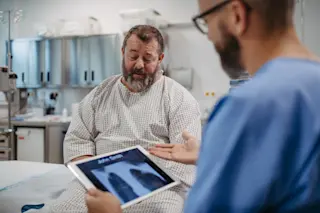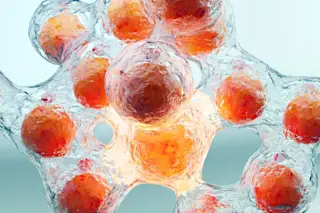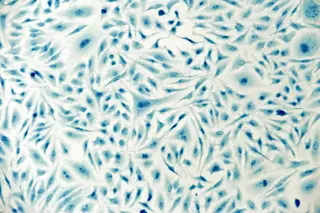Direct-to-consumer (DTC) genetic tests give inaccurate predictions of disease risks and many European geneticists believe that some of them should be banned, the annual conference of the European Society of Human Genetics heard May 31....
Here's the abstract for the talk which argued that DTC companies don't give the best disease risk estimates:
Objective: Direct-to-consumer (DTC) companies predict risks of common complex diseases on the basis of genetic markers. Given the low number of markers involved and their small effect sizes, it is unclear whether high-risk groups can be identified. We investigated the risk distributions generated by two DTC companies for 8 diseases. Methods: We simulated genotype data for 100,000 individuals based on published genotype frequencies. Predicted risks were obtained using the formulas and risk data provided by the companies. Results: The table presents observed and ...













